Putting words to action for campus sustainability
Students, faculty and staff seek new initiatives to advance the future of Trinity’s sustainability practices following sustainability director Sharon Curry being let go
Construction next to the green space behind Murchison
Prospective college students consider many things when deciding what university to attend: location, the availability of transportation and the surrounding community. In recent years, with the increasingly powerful effects of global warming, sustainability initiatives have joined the lineup of qualities that incoming first-year students consider in a university.
According to the Princeton Review’s “College Hopes & Worries Survey,” 74% of those surveyed said that a college’s environmental commitment would affect the university they choose to attend.
Sustainability is not a foreign concept to Trinity. In 2001, Trinity was San Antonio’s first client to use recycled water for irrigation. Now 99% of campus irrigation utilizes this system.
For 11 years, Sharon Curry was the director of sustainability at Trinity.
“Anything sustainability, she was there. She was a liaison between staff and students, directing us to the right channels and people on any projects we wanted to do,” said Kira Lowell, senior engineering major and Eco Allies outreach chair.
In addition to being a constant presence for the student body while on campus, Curry also championed her own sustainability initiatives. These include increasing the amount of recycling the university produces from the current 8% to 20%, the use of the Rewear closet in the campus mailroom and working with a bird-striking database to count the birds that fall victim to the large glass windows on campus.
Since Curry was let go this past year, the role of director of sustainability has been combined with other positions. John Scherding, the university architect, is now also the director of sustainability.
“I’ve met with the Eco Allies leadership, and individual students interested in [sustainability]. I’ve forged a lot of strong relationships with faculty, staff and, to some degree, students,” Scherding said.
Scherding has many goals for Trinity to achieve in the realm of sustainability. “We don’t have as good a digital presence as we should have,” Scherding said.
According to Scherding, Trinity needs to have long-term sustainability goals set. For example, Trinity needs a climate action plan that establishes what they are currently accomplishing with sustainability and what they plan to do in the future, such as setting carbon reduction goals and planning waste reduction and recycling efforts.
Due to the increased passion for sustainability in student organizations like Eco Allies, there are opportunities for considering what sustainability should reasonably look like at Trinity. As a professor in the environmental studies and English departments and the new Eco Allies faculty advisor, Gregory Hazleton wants to allow students to pursue their passions.
“I don’t want to tell them what to do, [but I can] provide guidance if they need it,” Hazleton said.
Through the construction of Dicke Hall and Leadership in Energy and Environmental Design (LEED)-certified buildings at Trinity like the Center for the Sciences and Innovation (CSI), there are improvements being made toward a more sustainable future at Trinity. Dicke Hall was constructed using mass timber, which is made of either solid or engineered wood. Mass-timber buildings have a lighter carbon footprint and provide fire safety because their wood burns on the outside, which has an insulating effect and protects interior wood from damage.
More work towards sustainability can be accomplished through the behaviors of students and staff.
“[It] ultimately falls on the responsibility of the entire community to understand the importance of recycling, how to recycle. [So sustainability is] not something separate from the classroom but something that could really be integrated into all aspects of Trinity’s community,” Hazleton said.
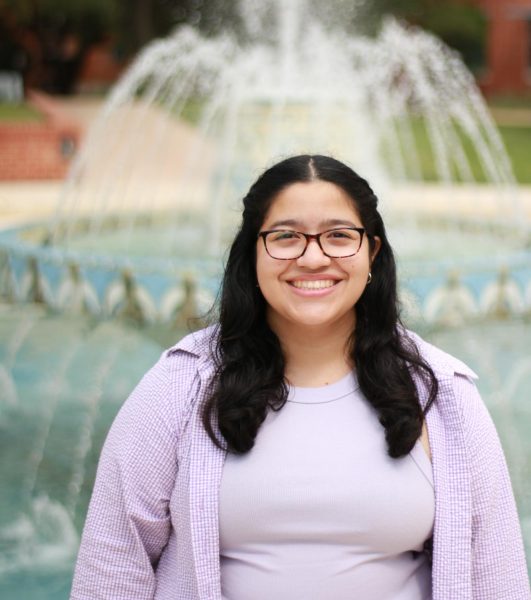
Hi! My name is Monica Martinez, and I’m a Sophomore business major. I am a news reporter for the Trinitonian and I love cats! I’m a trumpet player...
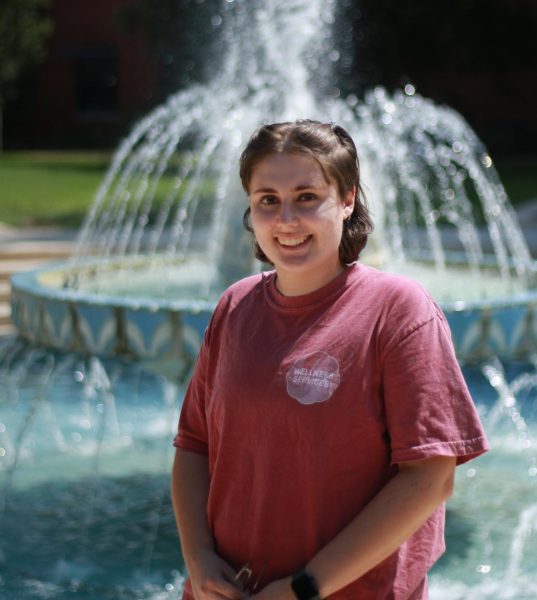
Hi! I am a junior sociology major with a double minor in gender studies and psychology. The themes for the special editions revolve around holidays and...

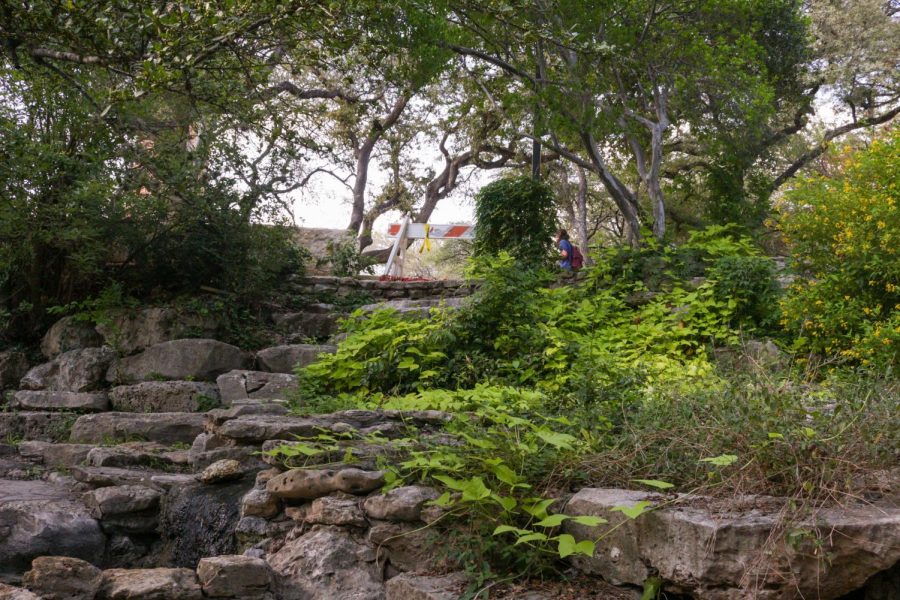
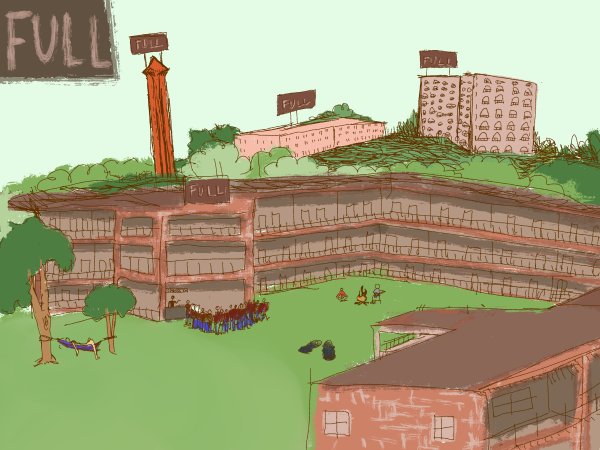


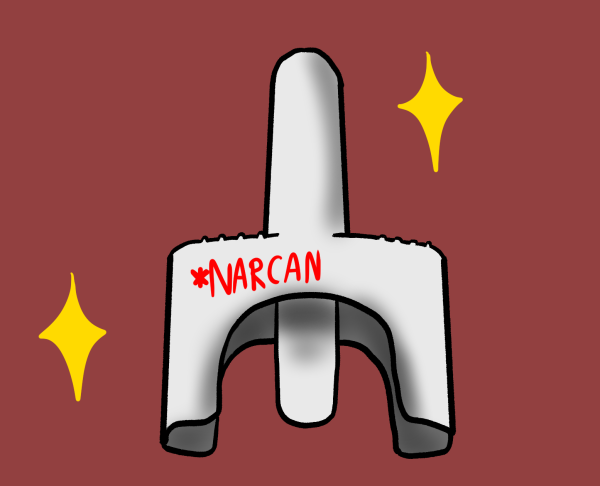
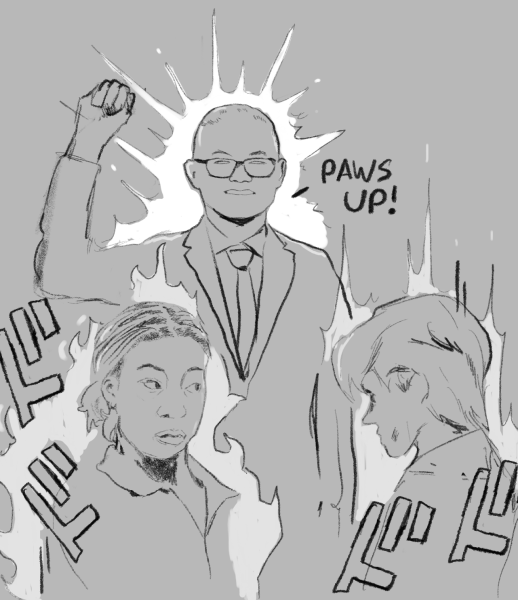
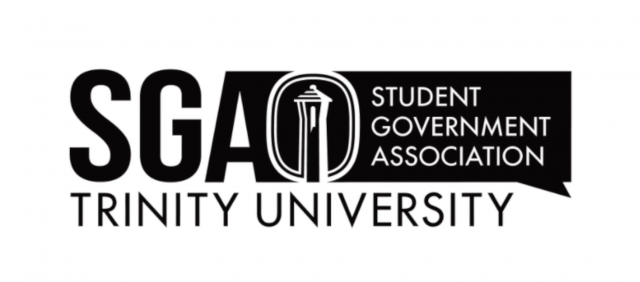


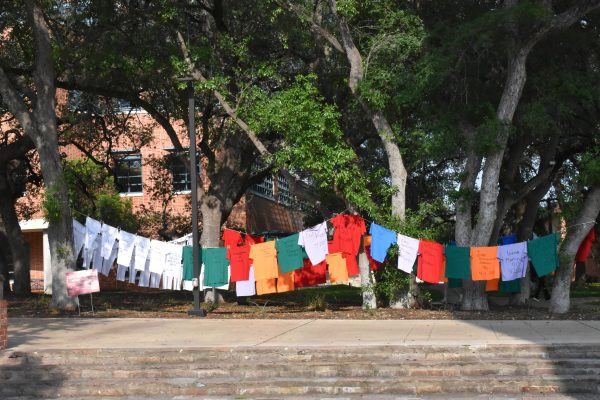
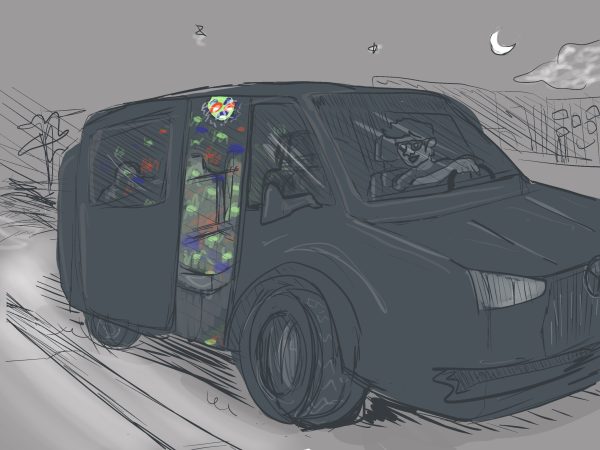
Amy Klein • Sep 23, 2022 at 1:20 pm
If only the Board of Trustees would get on board with sustainable investments and begin to divest from fossil fuels. Very disappointed in their current stance.